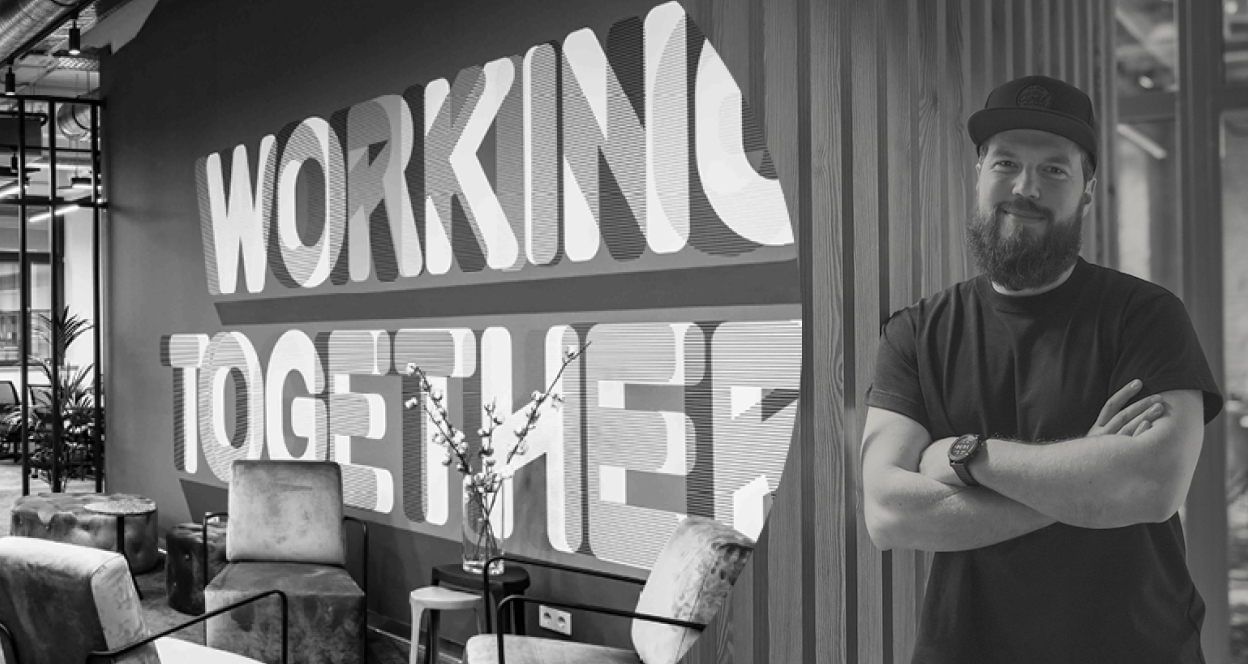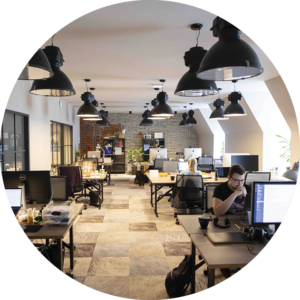Workland: The Network of Co-working Spaces.
Source: Äri-IT Autumn 2023
The World is Moving Towards Flexibility.
Workland, which offers full-service offices and co-working solutions in Estonia, Latvia, Lithuania, and Finland, has been known since 2016, when it entered the market with the first centers in Riga, Vilnius, and Tallinn, unique to the Baltics. Now the company has 16 centers and offers approximately 3,000 desks for rent in the region.
Workland’s services are used by large, medium, and small businesses that need office space. Workland offers a variety of solutions on flexible terms, such as fixed or non-fixed places in an open work area, as well as offices for one, five, 20, or 50 people. The contract can be concluded for one day, but also for years. Currently, Workland’s “long-term” contract is 6–12 months, while for classic office spaces it is 3–5 years.
Igor Beloborodov, Head of Development at Workland, says that Workland helps companies effectively solve office problems, and if at first they are afraid that the service is expensive, they soon realize that this is not the case. “First of all, it is worth looking at our locations: a prestigious location in the city center, comfortable rooms, beautiful buildings. We offer the opportunity to have an office in a prestigious place where small firms probably could not otherwise afford to rent premises. The rental price includes cleaning and garbage removal, coffee and tea, a printer, administrators – all this adds up to quite a large sum if paid separately. An empty room is not the same as a full-service office space. At the same time, we have an important role to play in creating a sense of unity through community events, whether it be breakfasts, seminars or game nights.”
Workland’s monthly turnover is around one million euros, so the annual turnover is around 12 million. And here, according to Beloborodov, there is room for growth. “Of course, this is not an easy business and it would be very difficult to do it on the side. We have grown Workland with heart and soul and found our niche. We have learned a lot from our experiences and reached a level where we feel comfortable. Our clients can appreciate this.”
As one might expect, the corona period had a positive effect on Workland, as many entrepreneurs suddenly found themselves in a situation where employees stayed in home offices, but they still had to pay for office space. “Globally, it has been understood that remote office is perfectly acceptable. And at the same time, people also need to be together, because it is difficult to conduct brainstorming, for example, over the Internet. Although remote work has come to stay, people also need direct communication – we offer the opportunity to rent exactly as much or as little office space as is needed at the moment, even for one meeting,” explains Beloborodov. The usage-based concept gained momentum during the corona period, a good example is the office solution of Telia Eesti, where people go to work on a rotating basis and no longer have their own personal desk.
The global real estate company Jones Lang LaSalle predicts that by 2030, 30% of the world’s commercial real estate will be offices rented on flexible terms. “The traditional office will not disappear anywhere, but the key word is flexibility. Among our clients are both self-employed accountants working alone and large international corporations that need flexibility in their work organization. And this is what we offer in the form of our full-service office spaces and convenient additional services, which will be further improved by the new Business Central business software that we have just implemented.”
The goal of the new software is to reduce costly manual work
Until now, Workland used outdated Microsoft Navision, but at one point it became outdated. “We tried to understand how to make the company work better. Our software version was obsolete, it was not possible to use more innovative and better options. Not to mention access – we worked server-based while everyone had moved to the cloud!” says Beloborodov.
The management began looking for software upgrade options, and when the costs were added up, it became clear that instead of the license fees for the old program, it makes more sense to choose the new Business Central software. The initial costs of integration and setup are high for the new software, but if the license costs are divided over just five years, the new program will be cheaper. The second selection criterion was functionality: Business Central is innovative, integrates with modern systems and allows you to do everyday work much more efficiently, because time-consuming manual work, for example, when entering contracts, is expensive.
Beloborodov gives an example: “Until now, we had our own page for booking meeting rooms, and the client sent an e-mail to use the room, the accountant made him an invoice, and the client paid the invoice at the bank. It can be done much faster and easier: the client books the room directly in our program, pays with a credit card, and the payment immediately goes to the accounting program. Our goal is to automate work as much as possible, reduce manual work and speed up processes.”
BCS Itera was chosen as a partner because, according to Beloborodov, it is an experienced and strong implementer of Microsoft software. The process started in the spring and, as with everything new, there were stumbling blocks. “First of all, people themselves have to get used to it and learn, and not only our employees, but also our partners,” he notes. “For example, we have not gone the classic way of hiring our own accountants for the company in every country. We have bought an accounting service and they have to use our program. This makes it easier for our financial manager, he can better monitor data and cash flows. How do we consolidate our data if each accountant submits it in their own software?”
At Workland, about 15 people out of the group’s 35 employees use Business Central on a daily basis. The financial manager makes budgets there, plans cash flow, others monitor goals, etc., and the approval of invoices through the program is also important so that all expenses are controlled and justified. Power BI is used for more in-depth analysis, where reports can be seen and data can be analyzed by region and location.
Green thinking is becoming increasingly important
A shared office is exactly what fits in with the mindset of a sustainable sharing economy. “This is a broad topic – we don’t have to own a car, tools or an office, but we can share them all,” says Beloborodov. “Sharing an office in one environment under one roof means that many more people can manage with one coffee machine and printer, the same goes for furniture. Our client does not have to buy them for himself, but comes, concludes a contract and can start working.”
He adds that sustainable operation is very important for Workland – in the case of new projects, it is always ensured that the buildings are energy-efficient and equipped with modern technical solutions, such as motion sensor lighting. Garbage sorting is done daily, instead of bottled water, there are water purification filter systems in the kitchens of the offices, and printing is promoted to a lesser extent.
Workland is the largest network of co-working centers in the Baltic States, which includes 16 centers in total, five of them in Tallinn: Hobujaama, Vabaduse, Maakri 19, Maakri 25 and Fahle Center. This August, a new country was added – Finland. Workland’s largest shareholder is the investment company BaltCap together with the company’s founder and management.
Workland implemented a special real estate management solution of Microsoft Dynamics 365 Business Central with BCS Itera in the Baltic countries and Finland.


